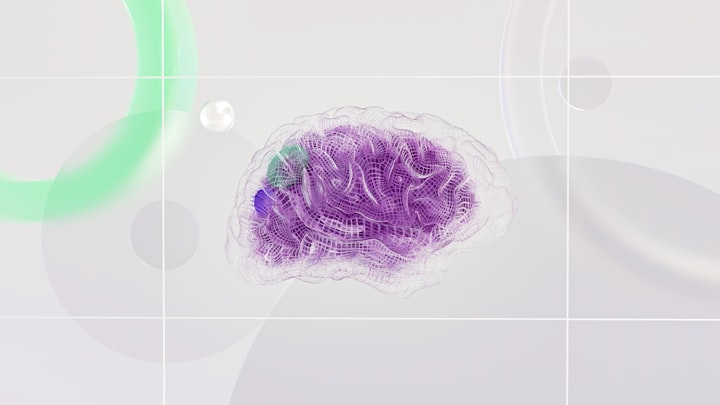Have you ever worked tirelessly towards a goal — a new car, the perfect house, a prestigious promotion — only to find the satisfaction surprisingly short-lived?
The disappointment that follows that initial thrill is a symptom of something psychologists call the “hedonic treadmill.”
It’s the frustrating phenomenon where our happiness levels tend to return to a baseline despite changes in our circumstances, whether positive or negative.
How the Treadmill Works
The brain has a remarkable ability to adapt. When we get something we want, we experience a boost in dopamine — the “feel-good” neurotransmitter.
Over time, our brains adjust to the new level of stimulation, and the excitement fades. This leads us to crave the next achievement, the next purchase, in an attempt to recapture that initial high.
However, the cycle repeats, leaving us perpetually chasing happiness that remains just out of reach.
The Dangers of “Never Enough”
The hedonic treadmill has far-reaching consequences:
- Decreased Well-being: Constant striving for more, without ever feeling truly satisfied, contributes to anxiety, stress, and reduced overall happiness.
- Distorted Values: We risk prioritizing material possessions and external validation over deeper sources of fulfillment like relationships, personal growth, and a sense of purpose.
- Environmental Impact: Our “more is better” mindset fuels unsustainable consumerism and contributes to the depletion of natural resources.
- Missed Opportunities: The relentless pursuit of the 'next big thing' can make us blind to the simple joys and opportunities right in front of us. We might miss out on meaningful experiences and connections while laser-focused on what lies ahead.
Finding “Enough”
So, how do we step off the treadmill?
Here are a few strategies:
- Practice Gratitude: Research shows cultivating gratitude shifts our focus from what we lack to what we have. Keep a gratitude journal or try simple daily gratitude rituals to appreciate the good in your life.
- Focus on Experiences: Experiences create longer-lasting memories and contribute to well-being more than material possessions. Such as learning new skills or traveling, spending time with family or friends.
- Foster Connection: Strong social bonds offer a sense of belonging and support that transcends fleeting highs. Nurture your relationships and prioritize connecting with others meaningfully.
- Embrace Mindfulness: By paying attention to the present moment, we can savor simple pleasures and break free from the cycle of constant wanting.
- Redefine Success: Challenge societal definitions of success that equate it with wealth or status. Define what success means to you personally, based on your values and what brings true joy to your life.
- Set Personal Goals: Rather than chasing societal expectations, focus on goals that truly align with your values and what brings you genuine fulfillment. These could be creative endeavors, strengthening relationships, or developing new skills.
- Savoring the Journey: Celebrate the process, not just the destination. Recognize the effort, lessons learned, and personal growth that happens along the way towards your goals.
- Service to Others: Contributing to something greater than ourselves shifts our focus from what we want to what we can give. Volunteering, mentorship, or simply acts of kindness foster a sense of purpose and lasting satisfaction.
It’s Not About Deprivation
Finding “enough” doesn’t mean living an austere life.
It’s about being intentional with your resources, finding fulfillment in experiences and relationships, and recognizing that true contentment comes from within.
By shifting our focus from constantly chasing ‘more’, we open ourselves to sustainable joy and a deeper understanding of a life well-lived.
A Balanced Path
Stepping off the hedonic treadmill doesn't mean shunning all ambition or denying yourself pleasures.
It's about finding a balance between striving for growth and appreciating what you have in the present moment.
By cultivating mindfulness, gratitude, and a focus on experiences over possessions, we can create a life that is both fulfilling and sustainable.
---------------------------------------------------------------------------------------
About the Creator
Jin Park
Writer | Marketing Grad | B.Sc. Computer Science | I question everything, explore the unconventional, and never shy away from the uncomfortable







Comments
There are no comments for this story
Be the first to respond and start the conversation.